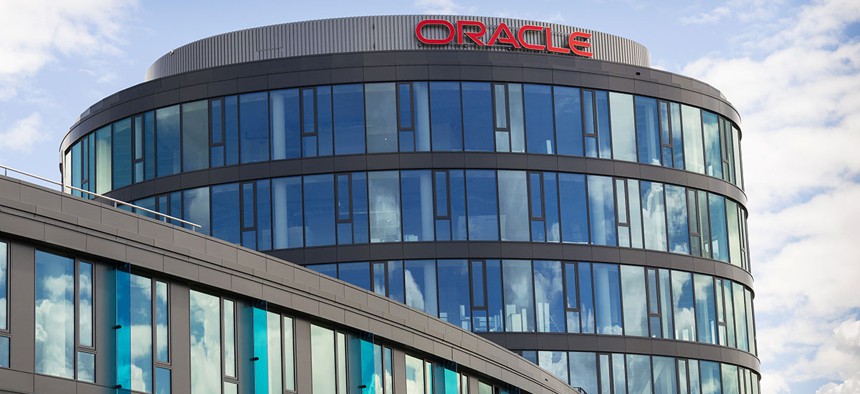Oracle Has Now Spent Seven Years Claiming That Google Plagiarized its Code

josefkubes/Shutterstock.com
The company filed another appeal yesterday in its never-ending lawsuit.
Oracle filed yet another appeal yesterday (Feb.10) in its never-ending lawsuit accusing Google of stealing its code. Here’s a short recap of what got us to this point:
- 2010: Oracle sued Google, claiming the search giant infringed its intellectual property (Java’s open-source API code) for use in the Android operating system.
- 2012: In a victory for Google, the US district court in San Francisco ruled that the code was not subject to copyright law, and thus Oracle had no case.
- 2014: A federal appeals court reversed the 2012 ruling. This win for Oracle made the code in question subject to copyright law, as well as all similar software that’s written to interface with a programming language or application.
- 2016: A jury at the same US district court in San Francisco, which ruled in Google’s favor in 2012, found that although the Java API code was now subject to copyright, Google’s use of it did not constitute infringement. Oracle was denied the $9 billion it was seeking.
- Now: Oracle is back at it again with another appeal.
“When a plagiarist takes the most recognizable portions of a novel and adapts them into a film, the plagiarist commits the ‘classic’ unfair use,” attorney’s for Oracle wrote in its new brief. “No court would accept the defense, ‘I added other content and creativity to make the story work as a movie’ or ‘I transformed the story by adapting it to a different medium.'”
“Google reaped billions of dollars while leaving Oracle’s Java business in tatters,” the brief says.
The big question in this case has always been whether Google’s use of the code could be considered “fair use.” In copyright law, fair use means that the way in which the copyrighted work was used had no substantial negative impact on the copyright holder.
There are four criteria courts use to establish whether something is fair use, but this case has largely revolved around one in particular: whether Google’s use of the code had a negative effect on the market for Oracle’s Java API.
One jury has already decided that it did not, and another one believed the question itself was moot. Now, nearly seven years after filing its original suit, Oracle appears undeterred and hopeful that its third chance in court will be its charm.
NEXT STORY: GSA moves one step closer to replacing DUNS





